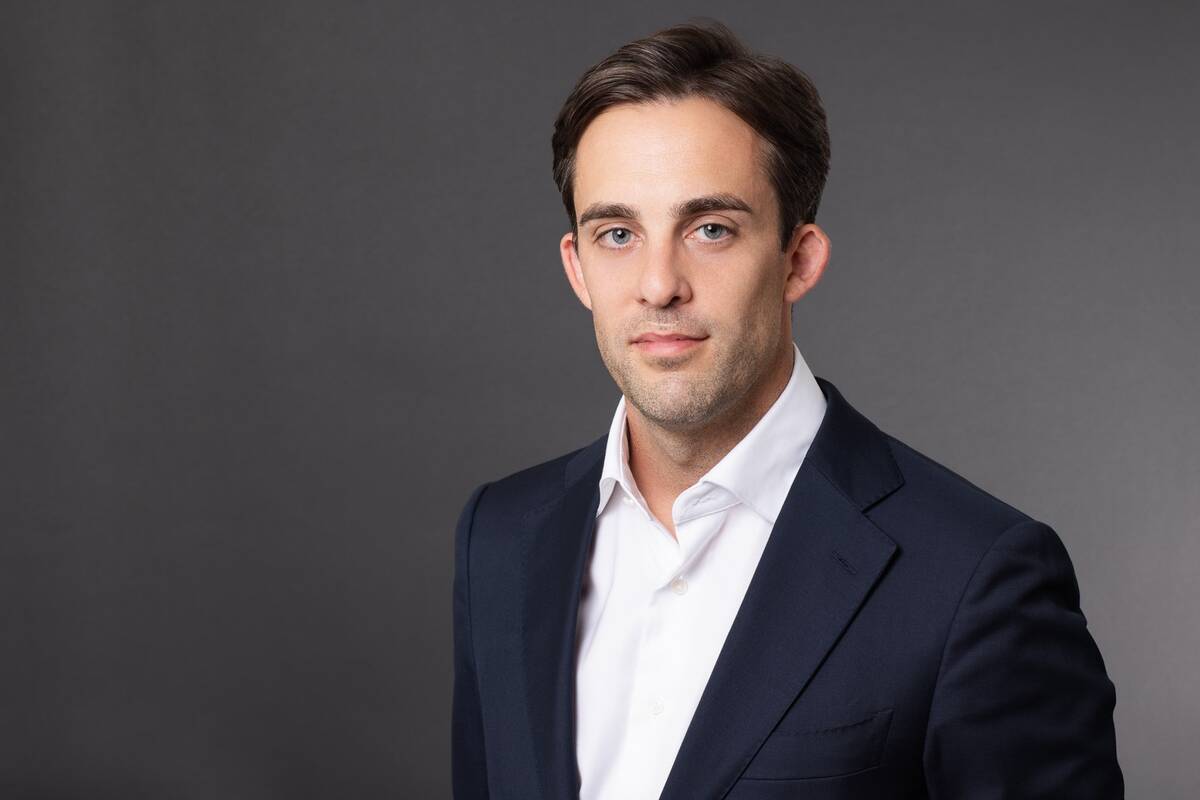RIYADH: A Saudi minister held high-level meetings with officials from Qatar, Hungary, and the Solomon Islands to discuss using sustainable development goals as a key driver of growth.
On the sidelines of the annual High-Level Political Forum 2024 on Sustainable Development held in New York from July 8 to July 18, the Minister of Economy and Planning, Faisal Al-Ibrahim, met with Abdulaziz bin Nasser Al-Khalifa, president of the Civil Service and Government Development Bureau and secretary-general of the National Planning Council in Qatar.
He also held talks with Hungary’s Minister of State for Environment and Circular Economy Aniko Raisz and the Solomon Islands’ Minister of Planning and Development Rexson Ramofafia.
These meetings are in line with the Kingdom’s ongoing efforts to further bolster and propel relations with the respective countries.
According to the online data visualization and distribution platform Observatory of Economic Complexity, in 2022, Saudi Arabia exported $1.73 billion to Qatar, while the small, gas-rich Gulf nation exported $474 million to the Kingdom.
OEC also revealed that while Saudi Arabia exported $7.65 million to Hungary in 2022, the European country exported $223 million to the Kingdom.
OEC disclosed that in 2020, Saudi Arabia exported $20,800 to the Solomon Islands, while the latter exported $32,800 to the Kingdom.
“Accelerating the pace of progress requires policymaking that is ambitious and bold, but also clear, collaborative, and solution-oriented,” Al-Ibrahim said in his address during the event, according to a statement.
“We need to develop a prioritization mechanism that enables nations to focus on the most efficient policies and the smartest solutions that unlock the greatest impact, for the greatest number of people, in the shortest possible timeframe,” the minister added.
He went on to note that sustainable progress hinges on creating and capturing opportunities to improve the overall standard of living to enhance quality of life.
“We are taking a whole-of-economy, human-centric approach to unlocking our inherent potential under Saudi Vision 2030. We are also localizing sustainable action, whereby cities are publishing their Voluntary Local Reviews while integrating sustainable practices to reach all communities,” Al-Ibrahim further stressed.
“Under the Saudi Green Initiative, the Kingdom is playing a key role in achieving global climate targets. With more than 80 initiatives, we are investing more than $180 billion to grow the green economy and cement our position as a renewable energy leader,” the minister added.
He concluded by saying: “As we look ahead, let us take a smarter, more pragmatic approach to deliver more tangible progress. Let us prioritize the challenges we can address now, and fast, so that we can unlock more capabilities, more energy, and more hope.”
According to a post on X by the ministry, the officials also discussed enhancing international cooperation in different fields.
The statement further stated that Saudi Arabia participated in this forum with a delegation that included 13 entities from the government sector headed by Al-Ibrahim.
The Kingdom has participated in the forum every year since 2017, as the HLPF has been held annually since 2015 under the auspices of the UN Economic and Social Council.
In June, Saudi Arabia’s Foreign Minister Prince Faisal bin Farhan Al-Saud received the Prime Minister of the Solomon Islands, Manasseh Sogavare, and his accompanying delegation during their official visit to the capital, Riyadh, the Kingdom’s foreign ministry said on July 12.
The ministry said in a statement that at the time, the two sides reviewed bilateral relations and ways to enhance and develop them in various fields and discussed intensifying joint coordination on many issues of concern to both countries.
Also in June, Hungary’s Deputy Minister and State Secretary of the Ministry of Defense, Tamas Vargha, said that the economic ties between Saudi Arabia and Hungary will continue to grow over the next few years.
“(Saudi Arabia’s) Vision 2030 … I think it’s a success story … it’s a good basis for our cooperation,” Vargha told Arab News during a recent interview.
“You have seen lots of changes since Vision 2030 started … both social changes and the economic changes and growth,” Vargha said at the time.
In December 2023, Saudi Arabia and Qatar announced that they were working to “deepen and expand” their economic, military, sports, and cultural ties.
According to a statement issued at the time, this followed the Saudi-Qatari Coordination Council meeting attended by Crown Prince Mohammed bin Salman and Sheikh Tamim bin Hamad, the emir of Qatar.

























